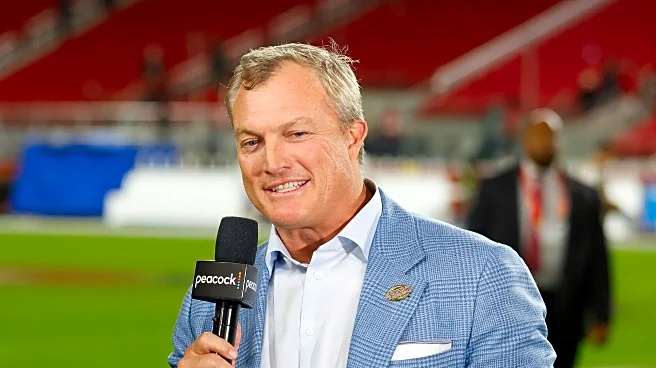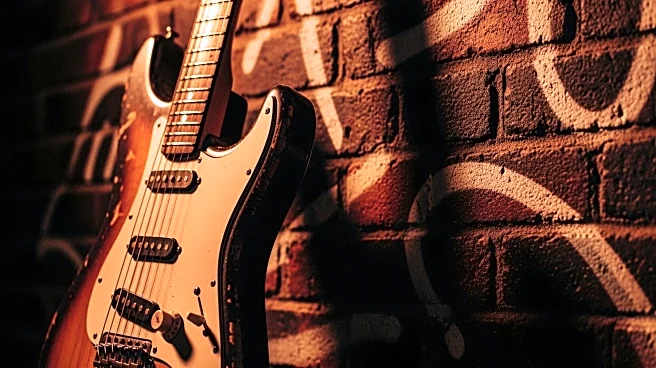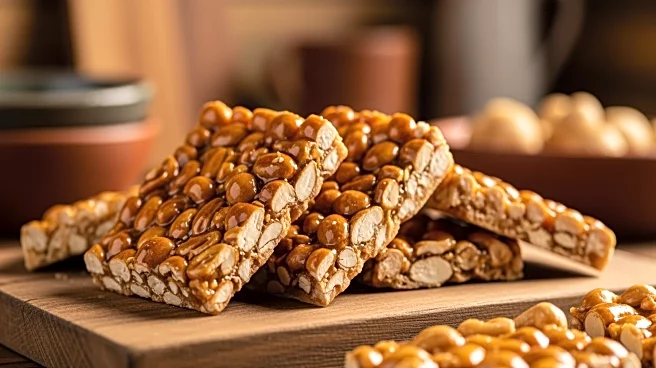Much has been made about the lack of trades ahead of the deadline for the San Francisco 49ers. Both sides have arguments. But as long as you’re not watching the Niners with rose-colored glasses on, you knew this wasn’t a team that was one defensive player away from becoming an impact defense.
If you scroll social media, complaints about having too many edge rushers who thrive when rushing from the inside are aplenty. Interior pass rush is king. It makes even more sense to structure your roster with
those types of players when you have Bryce Huff on one edge and Nick Bosa on the other.
As per every year ever, the injury bug had other ideas for the 49ers this season. But the thought process and plan made sense. During an interview with KNBR on Thursday morning, general manager John Lynch said the team has been improving itself long before the deadline:
The deadline’s just an endpoint. We’ve been making trades. We’re top four in the league in terms of trades made this year with Bryce Huff, Brian Robinson, Skyy Moore, Keion White. We’ve done a lot to try to improve our team, and we did right down to the very end. We’ve always said we’re going to stay true to our process of putting a value on players, and when the player’s a complete difference maker like a Christian McCaffrey, you might keep going, but at some point, you have to have a discipline, and that’s what we did.
There’s also a price point you have to consider. The personnel team could value a third-round pick in the 2026 NFL Draft as a valuable asset, considering the strength of the class. Lynch said, “We weren’t going to make an overpayment” before bringing up Bryce Huff’s return as a potential boost to the pass rush.
Despite not making a second acquisition ahead of the trade deadline, Lynch acknowledged the team was active on the phones:
We were in on a lot of players. Sometimes it was just a one-year rental, and we really didn’t want to get involved in that. Not to say that we wouldn’t. And then, is the player a true needle-mover, a difference-maker? And if you can’t say that, well then, really good draft picks, that doesn’t make much sense either, just to throw somebody else in the mix, because we like the guys we have.
Asking whether Jermaine Johnson is a true difference-maker is the correct approach. He thrived under Saleh during his second season, but perhaps the GPS numbers weren’t there after an Achilles injury. Saleh, who knows better than anybody, would have pounded the table if he thought Johnson could take the defense to another level. But if you dig a little deeper, you’ll see most of Johnson’s production came from the scheme or the quarterback holding onto the ball.
While a competent player, Johnson wouldn’t have been the driving force for a defense that ranks in the bottom seven against the run and the pass.
Lynch continued, stressing the belief in the current roster:
And that’s not to say we weren’t going to do anything, but we weren’t going to get fleeced. We weren’t going to overpay. It’s just not good business. And as they say, sometimes the best deals you do are the ones you don’t do. And I felt like, in this case, we felt like, as an organization, that was the best course, and as I mentioned before, we have a lot of belief. We’re a 6-3 football team. We’ve been in every game and have another awesome opportunity to try to get another division game.
Not sending a second or a third for a player who may or may not be a difference-maker was a prudent decision. But “belief” only gets you so far when you don’t have the bodies. The pushback to being a 6-3 team centers on how those wins happened, who they beat, and whether it’s a sustainable way to win.
Based on point differential, the 49ers are closer to the bottom of the NFC than the teams at the top. But the schedule should allow this team to continue to win and eventually sneak into the playoffs. By then, the hope is the big guns at wide receiver are back, as is your starting quarterback. From there, anything goes.

















